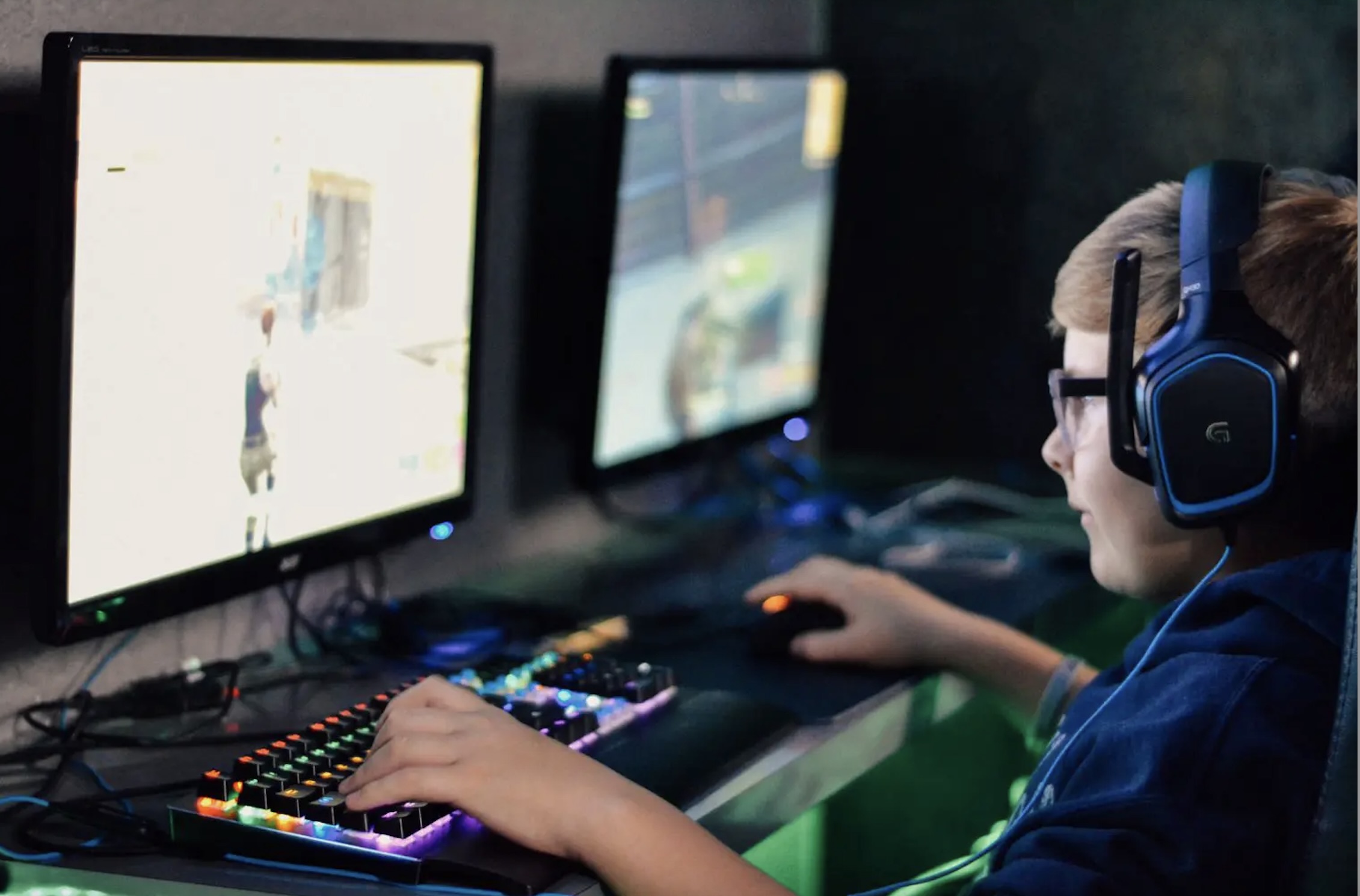What are the symptoms of video game addiction?
Symptoms of video game addiction can impact various aspects of a person’s life and may include:
- Preoccupation with Gaming: Constantly thinking about video games or planning the next gaming session.
- Loss of Interest in Other Activities: A noticeable decrease in interest or participation in other hobbies, social activities, or responsibilities.
- Neglect of Responsibilities: Ignoring work, school, or home responsibilities to spend more time gaming.
- Physical Symptoms: Problems such as eye strain, poor posture, carpal tunnel syndrome, or sleep disturbances due to prolonged gaming.
- Social Withdrawal: Reduced interaction with family and friends or avoiding social activities to play games.
- Emotional Changes: Irritability, anxiety, or mood swings when unable to play games or when interrupted during gaming.
- Escalation of Time: Increasing the amount of time spent gaming over time, often beyond initial intentions or limits.
- Gaming Despite Negative Consequences: Continuing to play despite adverse effects on relationships, academic or job performance, or health.
- Unsuccessful Attempts to Cut Down: Difficulty in reducing or stopping gaming despite repeated efforts.
- Deception About Gaming Time: Lying about the amount of time spent playing games or concealing gaming habits.
If these symptoms are affecting daily functioning or relationships, it might be beneficial to seek help from a mental health professional specializing in addiction or behavioral issues.
What are the causes of video game addiction?
Video game addiction can be caused by a combination of factors:
- Psychological Factors: Individuals might seek video games as an escape from stress, anxiety, depression, or other emotional challenges. Games can provide a sense of achievement, control, and reward that might be lacking in other areas of life.
- Neurobiological Factors: Video games can trigger the release of dopamine, a neurotransmitter associated with pleasure and reward. This can create a reinforcing cycle, where the brain craves the pleasure and stimulation provided by gaming.
- Social Factors: Social interaction within games, such as multiplayer games and online communities, can be highly engaging. Positive social experiences and validation from peers can reinforce gaming behaviors.
- Design Elements: Many games are designed with features that encourage prolonged play, such as leveling systems, rewards, and in-game purchases. These elements can make it challenging for players to stop playing.
- Environmental Factors: Accessibility to gaming devices and environments that lack other engaging activities or social opportunities can contribute to increased gaming time and potential addiction.
- Cultural Factors: In some cultures, gaming is highly normalized and can be seen as a primary form of entertainment or social interaction. This cultural acceptance can influence the likelihood of developing gaming-related issues.
- Personal Traits: Certain personality traits, such as impulsivity, poor self-control, or high levels of competitiveness, can increase the risk of developing an addiction to video games.
Understanding these factors can help in developing strategies to address and manage video game addiction effectively.
What is the treatment for video game addiction?
Treating video game addiction involves a multi-faceted approach tailored to the individual’s needs. Here are some common strategies:
- Behavioral Therapy: Cognitive-behavioral therapy (CBT) can help individuals identify and change the thoughts and behaviors contributing to their addiction. It focuses on developing healthier coping mechanisms and improving self-control.
- Counseling: Individual or group counseling can provide support and help individuals address underlying emotional or psychological issues that may be contributing to their addiction.
- Setting Limits: Establishing and adhering to time limits for gaming can help manage and reduce the amount of time spent on video games. Creating a structured schedule with allocated gaming time can also be beneficial.
- Developing Alternative Activities: Encouraging engagement in other hobbies, social activities, and interests can provide a balanced lifestyle and reduce reliance on gaming for satisfaction and fulfillment.
- Family Involvement: Family therapy or involvement can address relational dynamics and provide support in creating a healthier home environment. Family members can also learn how to support the individual in managing their addiction.
- Education and Awareness: Providing education about the potential risks of excessive gaming and developing awareness about healthy gaming habits can help individuals make informed decisions.
- Medical Evaluation: In some cases, medication may be prescribed to address co-occurring mental health issues such as depression or anxiety, which can contribute to gaming addiction.
- Support Groups: Joining support groups for individuals with similar experiences can provide community support, shared strategies, and encouragement in overcoming addiction.
Treatment plans should be personalized and may require collaboration among mental health professionals, family members, and support networks to achieve the best outcomes.

Leave a Reply
You must be logged in to post a comment.